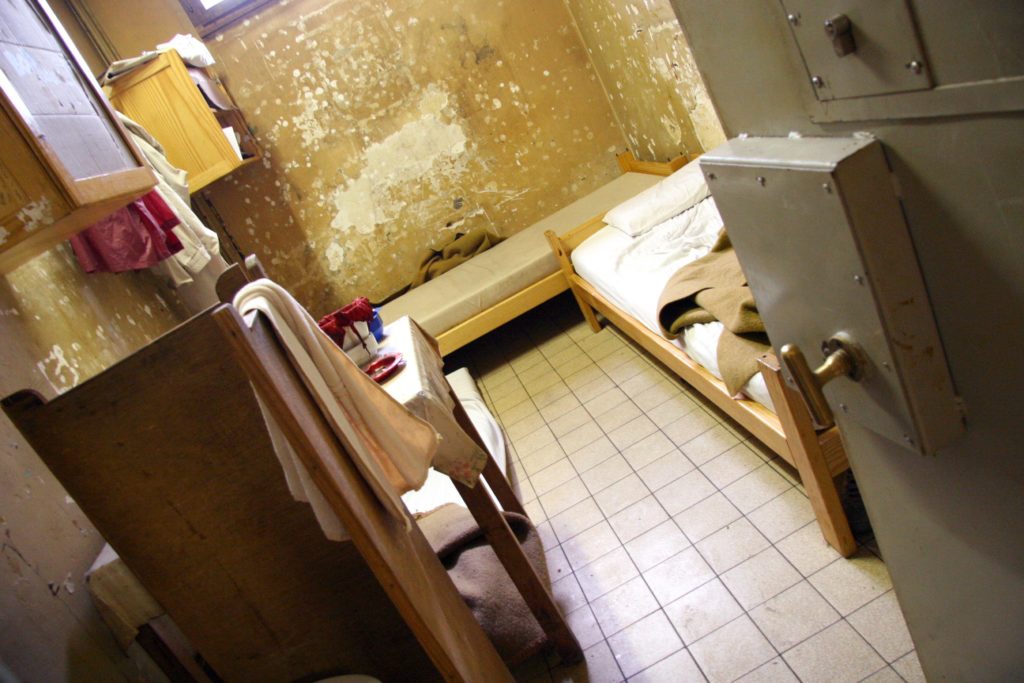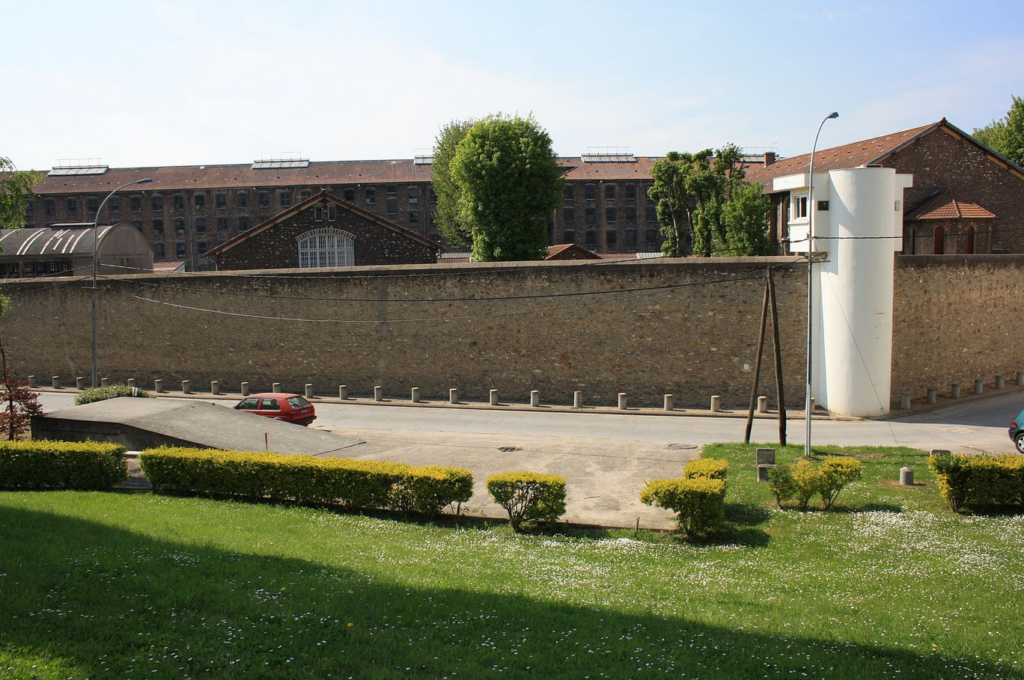France has a prison problem…its jails are overcrowded. In total, 70,818 people were incarcerated on October 1, 2019. It’s the fifth largest prison population in Europe.
Thousands of prisoners share cells with at least 3 other people, and over 60% of those released end up back in jail within five years. It’s now become a safety issue.
A string of recent knife attacks by inmates have sparked weeks of strikes by prison warders. They say around 4.000 assaults take place in French prisons every year. The French government had said in 2018 that it was time for an overhaul.
However, on 30 January 2020, in a judgment described as historic , the European Court of Human Rights (ECHR) issued recommendations and ordered France to pay nearly 500,000 euros to 32 detainees who had brought a court action against it. The applications were lodged with the ECHR between February 2015 and November 2017.

Relying on Article 3 (prohibition of inhuman and degrading treatment), Article 8 (right to private and family life) and Article 13 (right to an effective remedy), the applicants alleged that their conditions of detention were or had been inhuman and degrading and that they had no effective remedy in that regard.
The Court declared admissible the applicants’ complaints concerning their conditions of detention, with the exception of three applicants who were no longer in detention when their applications were lodged, who should have submitted a claim for compensation to the domes- tic courts, and two applicants who had obtained recognition of the demeaning nature of their conditions of detention and obtained redress for the alleged violation of Article 3. The Court likewise declared admissible the complaint submitted by all the applicants concerning the lack of an effective preventive remedy in domestic law.

The 32 applicants in this case are 29 French nationals, one Cape Verde national, one Polish national and one Moroccan national. The 32 cases con- cerned the poor conditions of detention in the following prisons: Ducos (Martinique), Faa’a Nuutania (French Polynesia), Baie-Mahault (Guadeloupe), Nîmes, Nice and Fresnes, as well as the issue of overcrowding in prisons and the effectiveness of the preventive remedies available to the prisoners concerned.
The Court considered that the personal space allocated to most of the applicants had fallen below the required minimum standard of 3 sq. m throughout their period of detention; that situation had been aggravated by the lack of privacy in using the toilets. With regard to the applicants who had more than 3 sq. m of personal space, the Court held that the prisons in which they had been or continued to be held did not, generally speaking, provide decent conditions of detention or sufficient freedom of movement and activities outside the cell.
The Court further held that the preventive remedies in place were ineffective in practice, and found that the powers of the administrative judges to make orders were limited in scope. Furthermore, despite a positive change in the case-law, overcrowding in prisons and the dilapi- dated state of some prisons acted as a bar to the full and immediate cessation of serious breaches of fundamental rights by means of the remedies available to persons in detention.

The Court recommended to the respondent State that it should consider the adoption of general measures in order to ensure that prisoners’ conditions of detention were compatible with Article 3 of the Convention. The measures taken to that end should include putting a permanent end to overcrowding in prisons.
Furthermore, an effective preventive remedy should be put in place, which, together with the compensatory remedy, would enable prisoners to obtain redress for the situation of which they were victims and prevent the continuation of alleged violations.
The Court held that France was to pay the applicants sums ranging from 4,000 euros to 25,000 euros in respect of non-pecuniary damage.
France now has three months to contest this decision. A period of around six months will then follow before an initial assessment is made by the ECHR, which will verify whether the French State has properly applied the two recommendations announced in the final judgment.
James Lookwood
Click here to read the 2020 March edition of Europe Diplomatic Magazine


